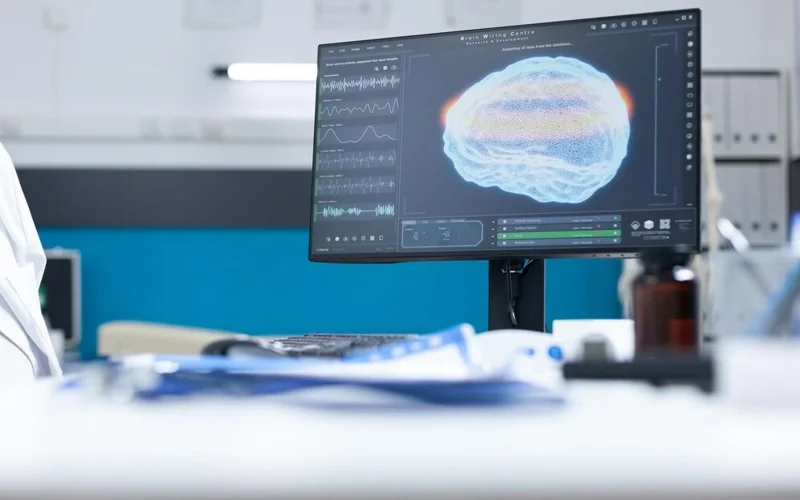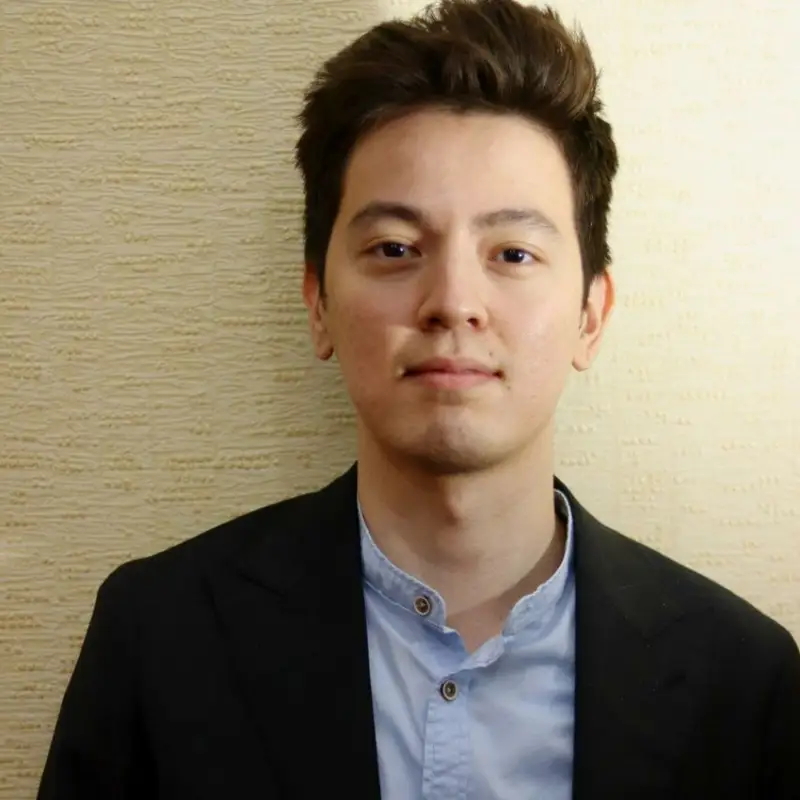New neuroprosthesis converts thoughts into speech for stroke survivors
A team of researchers from UC Berkeley and UC San Francisco has developed an innovative neuroprosthesis that enables people with severe paralysis to regain naturalistic speech, Kazinform News Agency correspondent reports, citing UC Berkeley.

Traditional speech neuroprostheses have struggled with significant delays between a patient’s attempt to form words and the actual production of sound, making fluid conversation difficult.
The new solution, developed by the researchers, utilizes algorithms similar to those used in voice assistants like Alexa and Siri to decode neural signals and synthesize speech with minimal delay. This advancement allows for more natural and seamless speech reproduction.
During clinical trials, the system was tested on a 47-year-old woman, Ann Johnson, who lost her ability to speak after a stroke 18 years ago. As part of the procedure, electrodes were implanted in her brain to record neural activity while she attempted to mentally form sentences.
To train the system, Johnson was shown phrases on a screen, like “How are you?”, and asked to silently attempt saying them. By analyzing the brain activity generated, the AI identified patterns linked to specific words and sounds. Artificial intelligence then converted these signals into speech using a synthesizer that mimicked her voice prior to the injury.
“Hearing her own voice in near real time increased [Johnson’s] sense of embodiment,” says Gopala Anumanchipalli, Professor of the University of California, Berkeley.
The system processed speech in intervals of 80 milliseconds, allowing for nearly real-time reproduction. The increased speed did not come at the cost of accuracy. The new, faster interface maintained the same high level of decoding precision as the previous method, which did not utilize streaming.
Earlier, Kazinform News Agency reported that Kazakhstani scientists developed advanced material for flexible energy storage.
